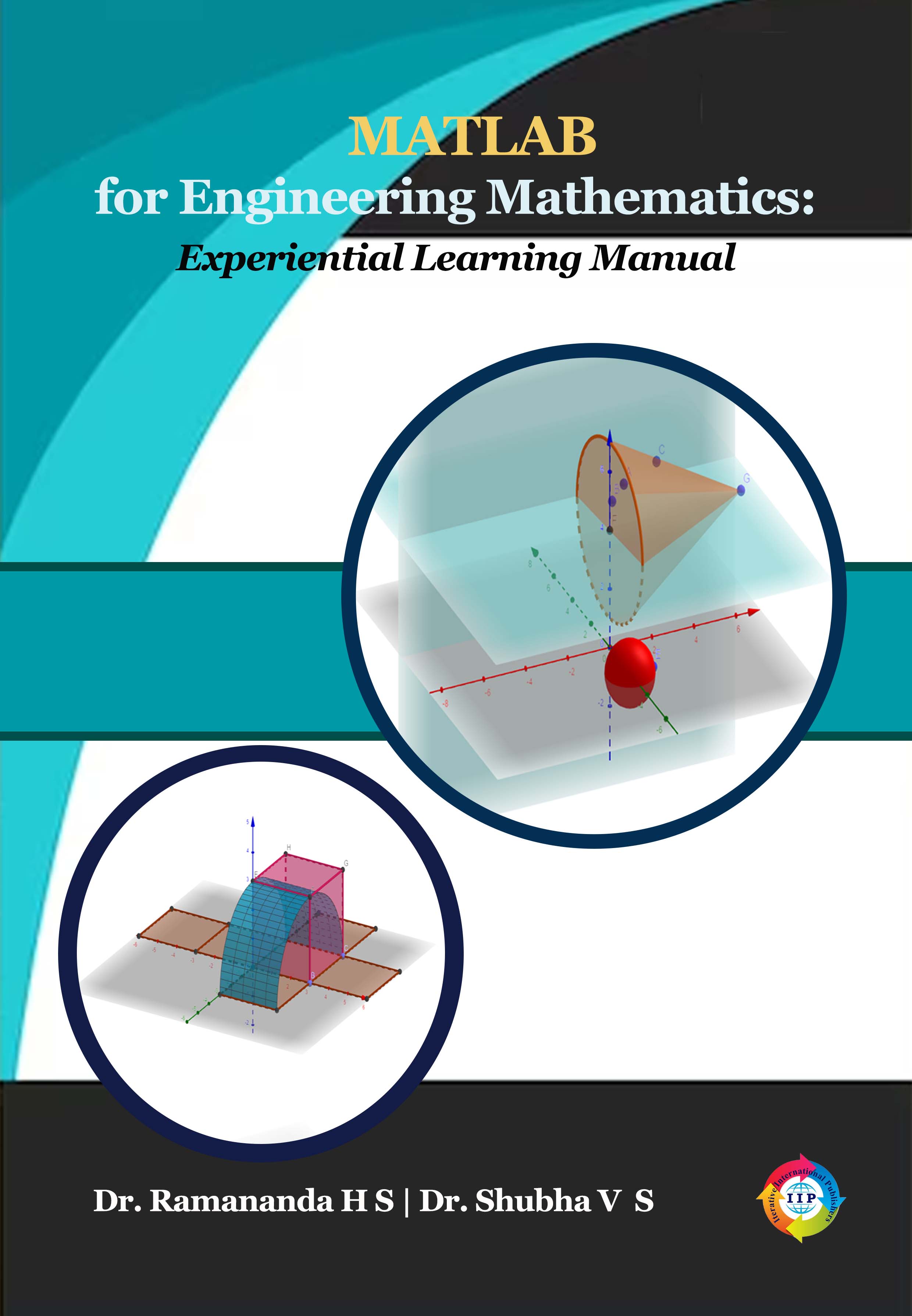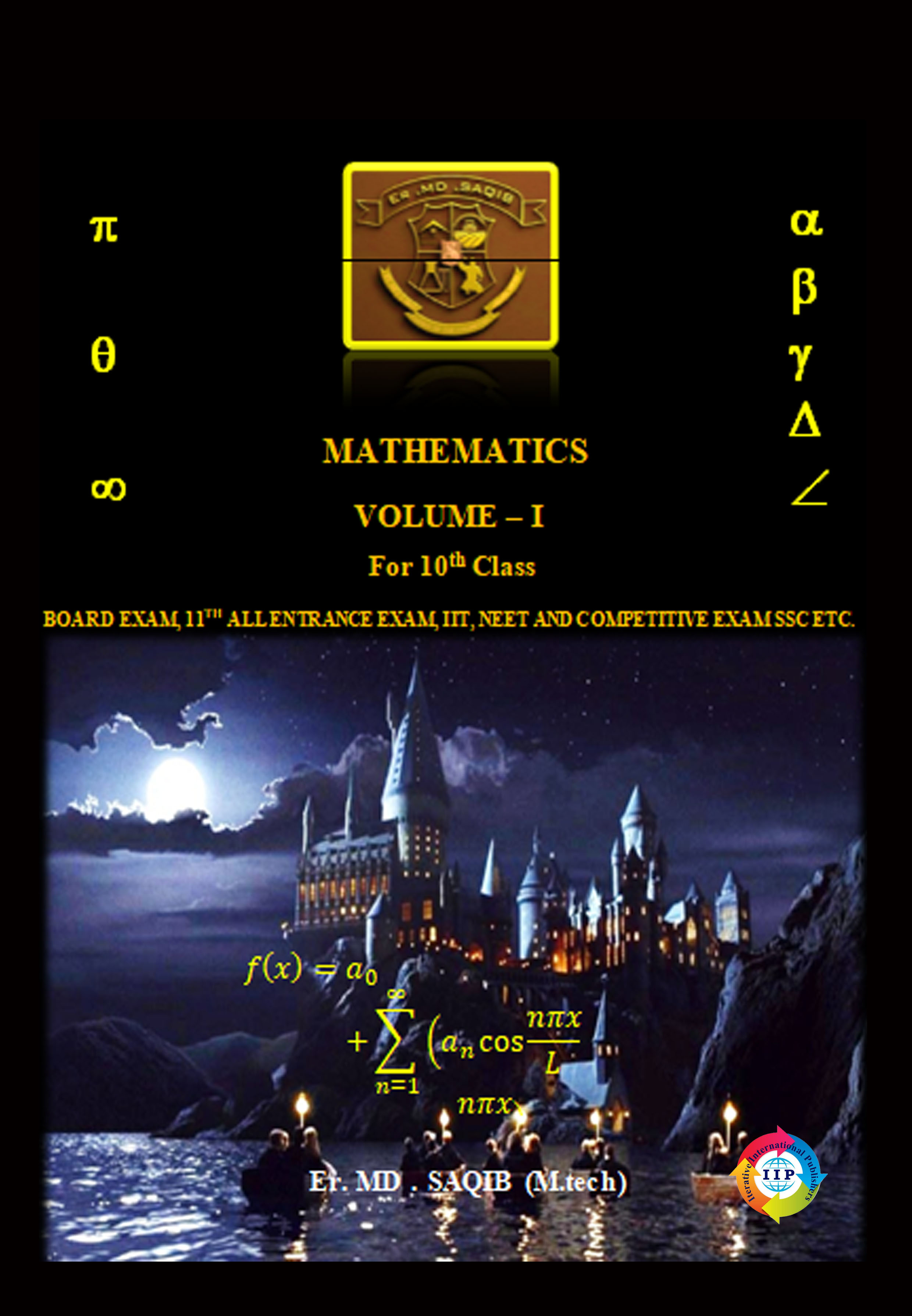
FUZZY TOPOLOGICAL BETA ALGEBRAS
-
TypePrint
- CategoryAcademic
- Sub CategoryText Book
- StreamMathematics
The idea of writing this book1 on Fuzzy Topological β−algebras was conceived in the year 2019. It connects the two notions, namely, the algebraic structure arising from the propositional calculi and the fuzzy topological spaces that studies the behaviour of the fuzzy topology on the underlying set of the algebra under consideration in the presence of the unary operation of the algebra. In particular, we study the fuzzy topology on a β−algebra such that the two binary operations of the β−algebra are continuous with respect to the topology. This is a contribution of the works of research scholars worked under the guidance of the first author. In fact, the fuzzy algebraic structure was studied initially for BF/BG algebras, fuzzy topolgical concepts were discussed for BM/TM algebras. Based on the contents of the research discussions held with the research scholoars at the PG and Research Department of Mathematics, Saiva Bhanu Kshatriya College, Aruppukottai, this book deals with the fuzzy algebraic structures of β−algebras and the fuzzy topological spaces on β−algebras. When the two binary operations associated with the β−algebra under consideration are continuous with respect to the topology on the β−algebra, such β−algebras are called Fuzzy Topological β−algebras. The main text does not reflect the research works done by the research scholars and is completely self-contained to take the readers leading to the original contribution of the notion of Cubic (Left-) Topological β−Algebras.
In this exposition, we give an introduction to fuzzy sets, fuzzy algebraic structures and fuzzy topological spaces (based on the study of fuzzy topological spaces on TM-algebras by Annalakshmi and Chandramouleeswaran). Then we have introduced the concept of β−algebras, as introduced by Neggers and Kim, followed by the cubic (left) fuzzy topological spaces.
The first chapter introduces the concept of fuzzy sets, t−norms and different types of fuzzy sets. In the second chapter, the concepts of fuzzy algebraic structures such as fuzzy subgroups and fuzzy ideals are discussed. The third chapter discusses the notion of fuzzy topological spaces introduced by Chang and redefined by Lowen.
The fourth chapter discusses the algebras arising out of propositional calculi. The first two sections introduces the basics of Logic, Propositional Calculus, Predicate Logic and differnt algebras to make the text self-contained. Imai and Isaki introduced two new classes of algebras, namely BCK-algebras and BCI-algebras in the year 1966. Since then many such algebras have been discussed by many researchers. One such algebra is the β−algebra introduced by Neggers and Kim. The third section discusses the definition and examples of β−algebras.
The fifth chapter introduces the notion of fuzzy algebraic structures such as fuzzy β−subalgebras and fuzzy β−ideals of β−algebras. A group of researchers under the guidance of the first two authors have extensively studied different fuzzy algebraic structures on β−algebras. To mention a few: fuzzy subalgebras and fuzzy ideals on β−algebras have been studied by Ansari and Chandramouleeswaran; L-fuzzy structures have been studied by Rajam and Chandramouleeswaran; Intutionistic fuzzy structures on β−algebras have been studied by Sujatha and Chandramouleeswaran; Interval valued fuzzy structures and Intutionistic interval valued fuzzy structure on β−algebras by Muralikrishna and Hemavathi; Cubic fuzzy β−algebras by Muralikrishna and Vinod Kumar; Neutrosophic and MBJ Netrosophic fuzzy structures on β−algebras by Muralikrishna and Surya; and finally Muralikrishna and Vinodkumar studied Neutrosophic cubic β−algebras. Keeping all these points in our mind this monograph has been written.
The sixth chapter discusses the notions of fuzzy topological spaces on β−algebras, fuzzy (left) topological β−algebras and cubic topological spaces on β−algebras and cubic (left) topological β−algebras. The text ends with some interesting open problems on this topic. We hope that this book will be a good text book for a course on fuzzy structures on algebras arising from propositional calculi (covering the first four chapters) as well as a good reference for young researchers.
**Note: IIP Store is the best place to buy books published by Iterative International Publishers. Price at IIP Store is always less than Amazon, Amazon Kindle, and Flipkart.





COMMENTS
No Review found for book with Book title. FUZZY TOPOLOGICAL BETA ALGEBRAS